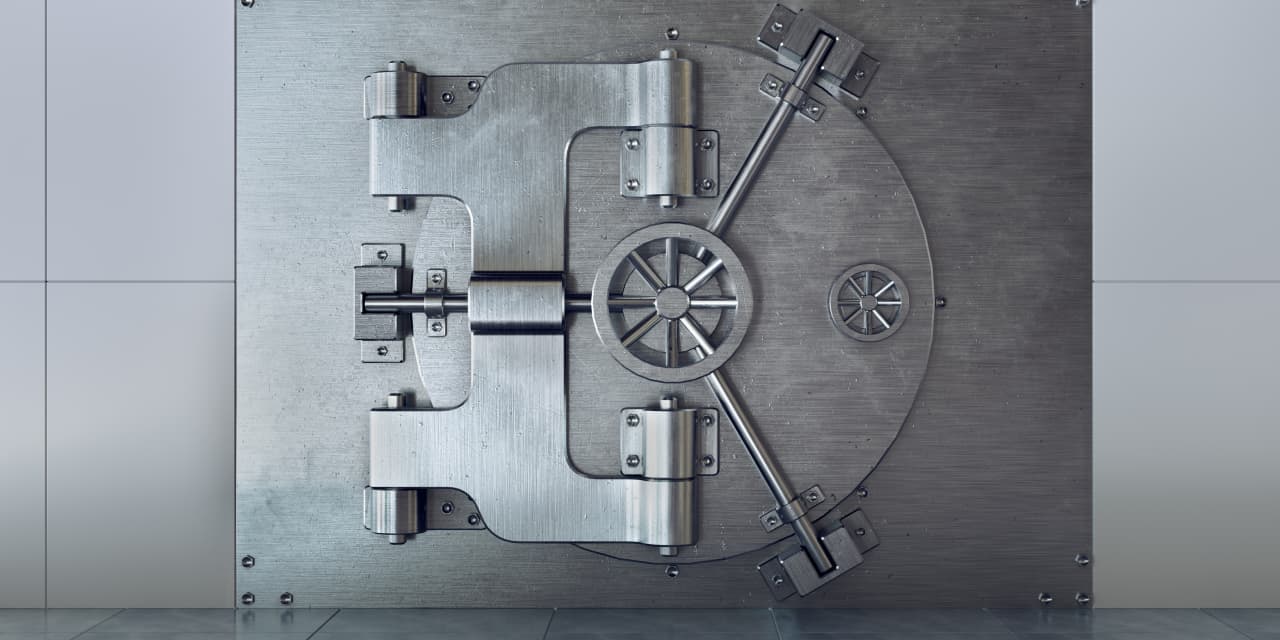Jordan Rosenfeld
4 min read
Autopay is a way of setting up your bills to be paid automatically on the same day every month. Many companies allow customers to either connect directly to a bank account for payment, or use a credit or debit card to pay their monthly bill in this way.
Learn More: Fidelity Says This Is a Surprising Risk of Holding Too Much Cash — Do You Have Too Much?
Read Next: 6 Hybrid Vehicles To Stay Away From in Retirement
When it comes to using a card for autopay, there are pros and cons of each. Let’s review them so you can decide which is best for you.
The main reason many people pay their bills with a credit card is its convenience, according to The Balance. Many companies allow auto-payments with credit cards. They’re easy to set up on autopay systems, and you don’t have to worry about the money coming out of your checking account.
If you’re responsible about paying off the credit card you use for autopay each month, or only carry a low balance, this benefits your credit score. This enables you to get better rates on things like loans, mortgages and car purchases.
For You: I’m a Financial Advisor: My Wealthiest Clients All Do These 3 Things
If you’re living paycheck to paycheck, or your bills are due before your paycheck comes in, credit allows you the convenience of being able to pay your bills automatically without having to worry immediately about when you get paid. Of course, you want to be sure you can pay off your bill down the road.
Credit card companies don’t care what you’re using your card for. So, you can rack up rewards no matter what you’re paying for, which brings benefits far beyond just paying bills, such as earning points that can be redeemed for goods, services and travel, among other things.
It’s tempting to pay with credit, because you don’t have to take any money out of your checking, which can make you feel temporarily flush with cash. However, paying your bills automatically by credit card can get expensive if you don’t pay off your full bill every month. You will then be racking up interest on bills that you really don’t need to accrue.
Additionally, if you’re late on your credit card payments, then you could end up paying extra fees on top of interest on top of what you owed for your bills, which is not a great way to get ahead financially.
And, if these worst case scenarios continue to play out, late payments and carrying a high debt can negatively impact your credit score, which can lead to trouble getting good rates on things such as a car, a home, or any other kind of loan you might need to take out.













